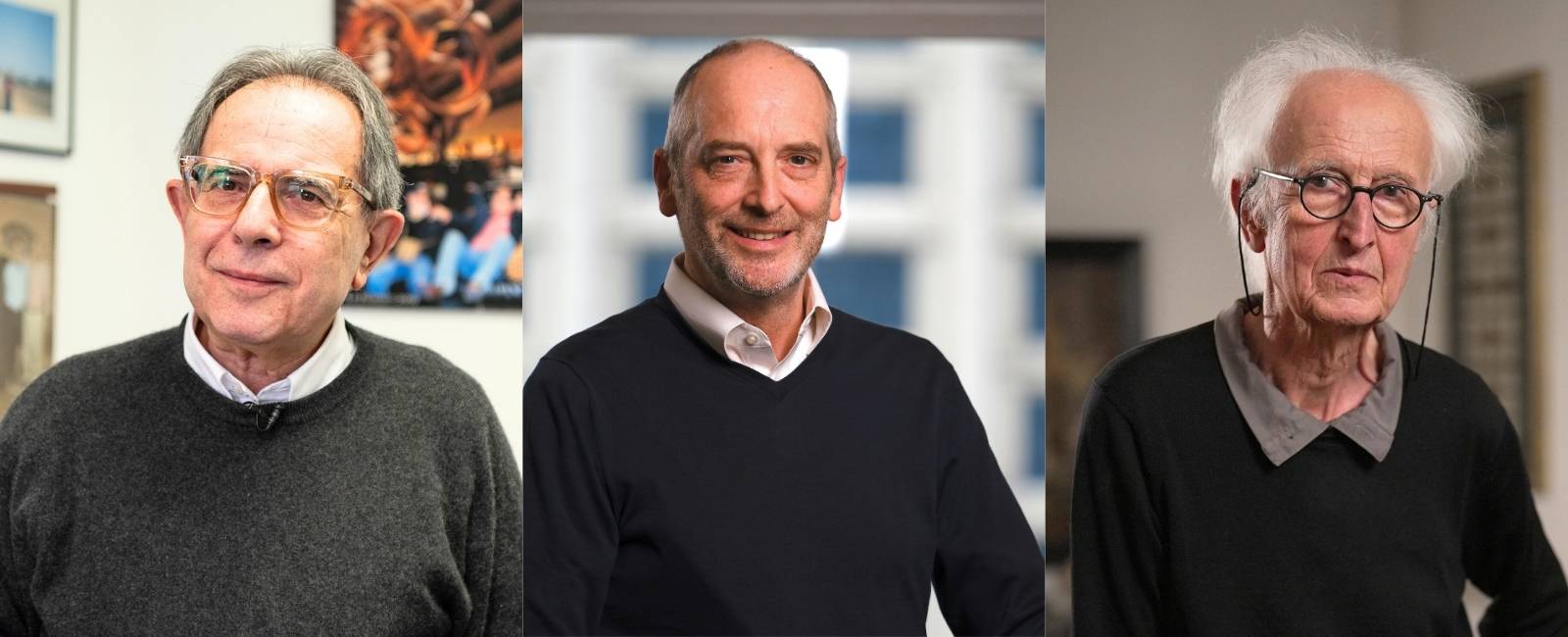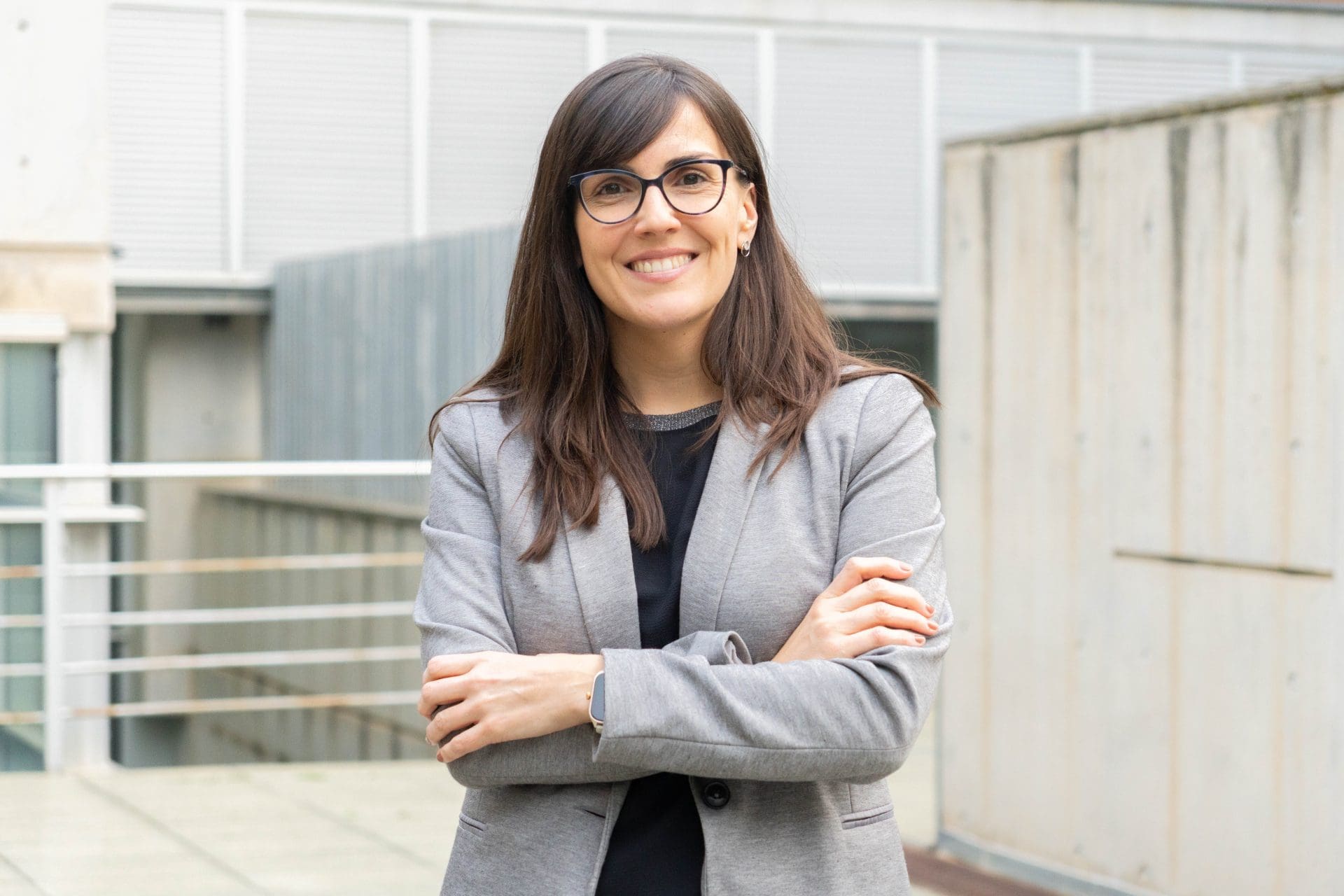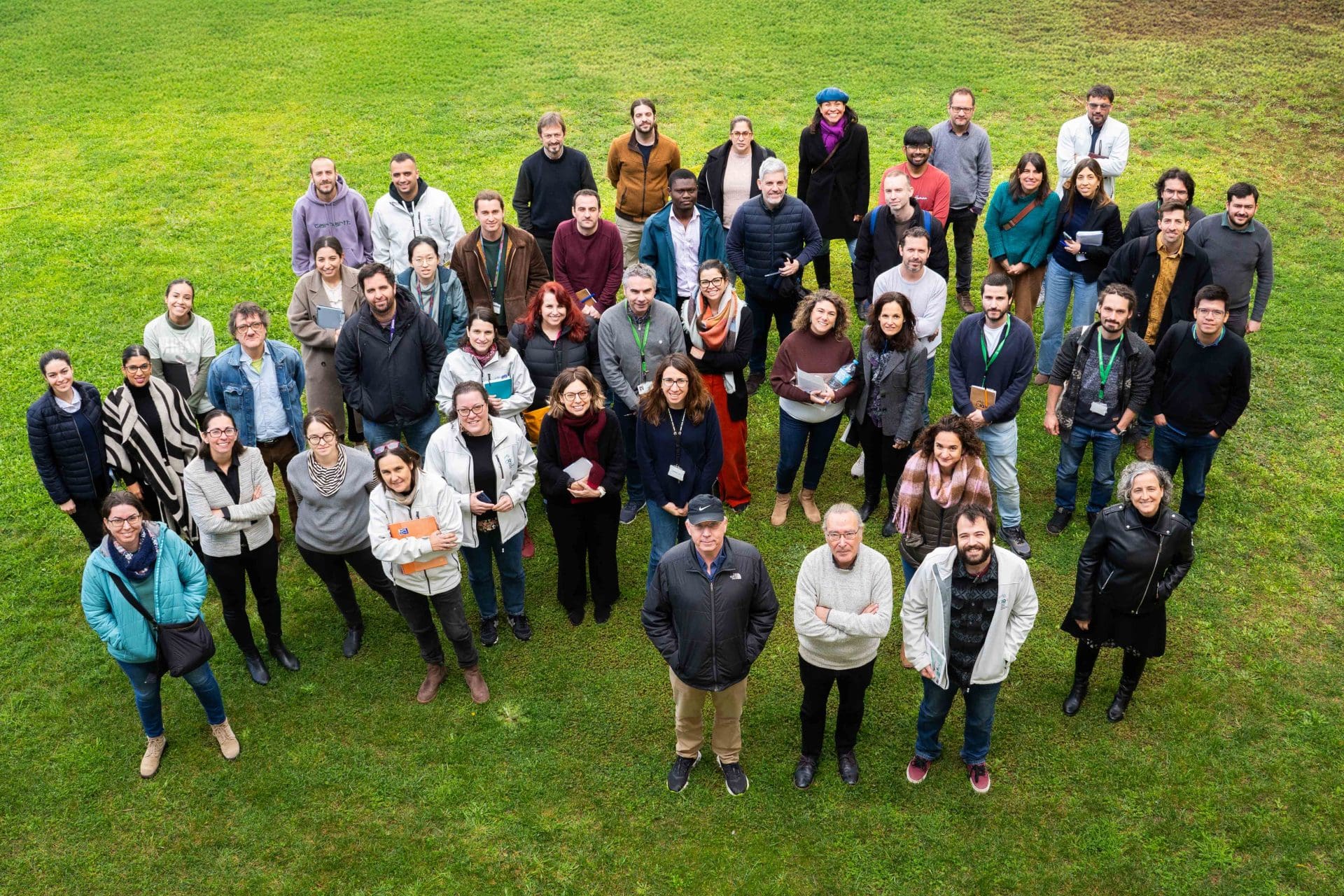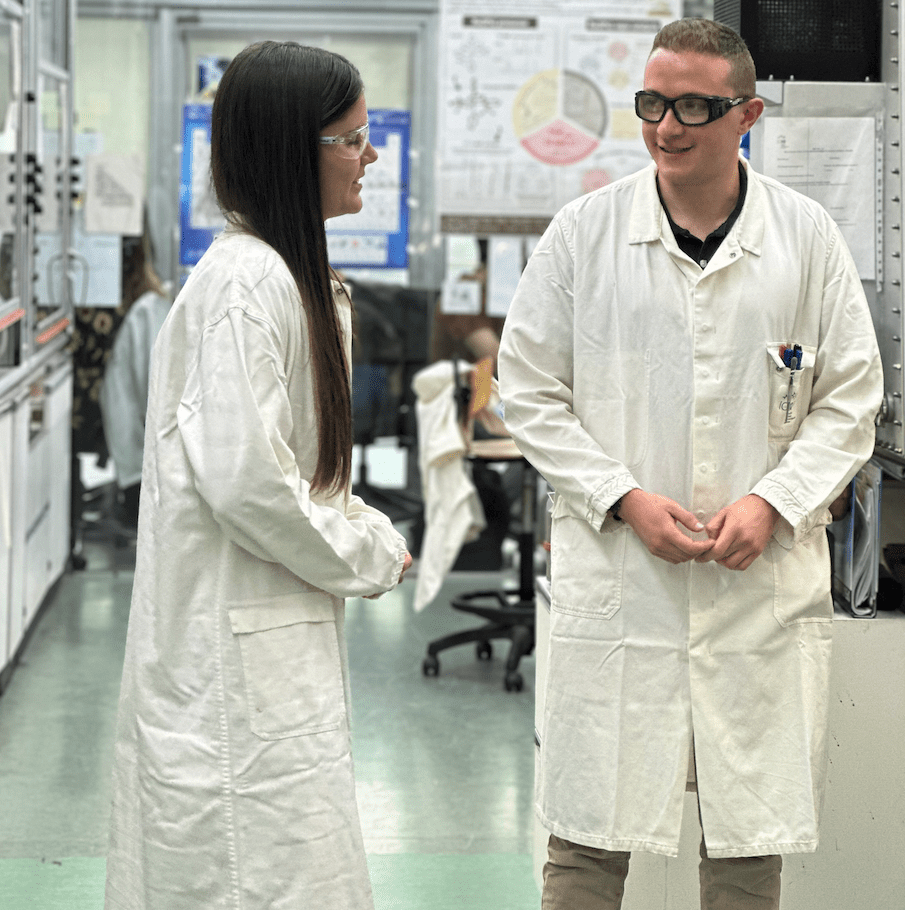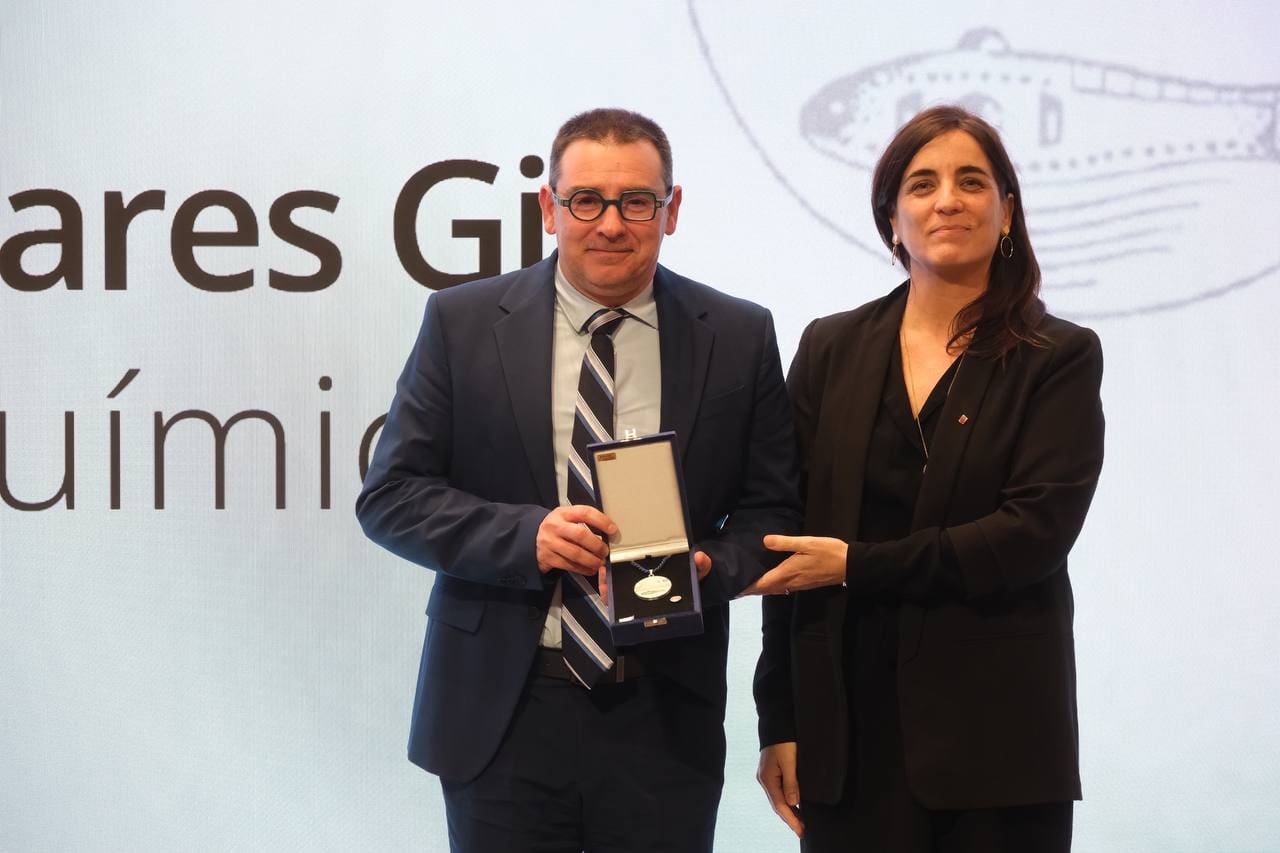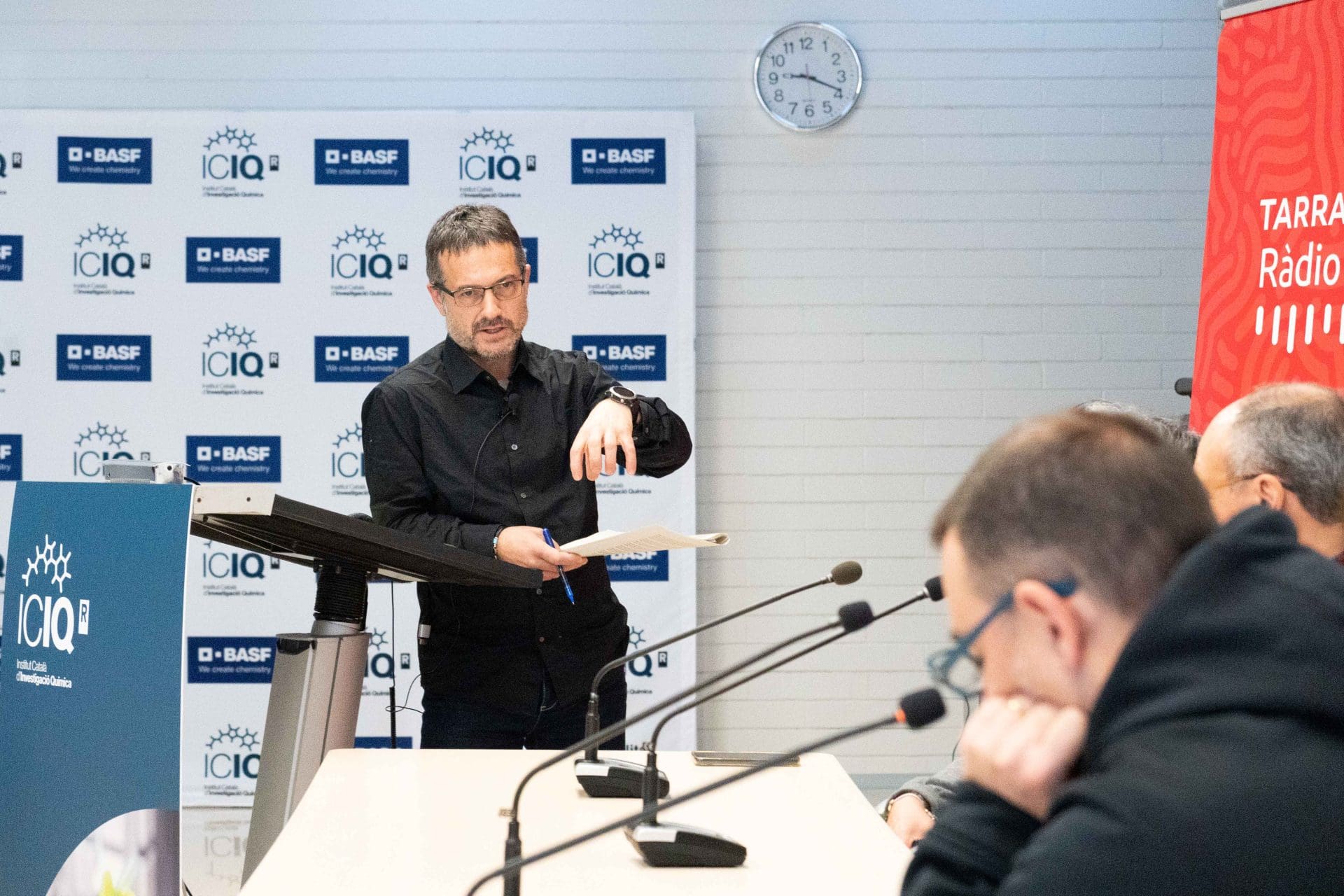Carbon dioxide concentration in the atmosphere is continuously increasing as a consequence of the combustion of fossil fuels. CO2 hydrogenation offers a unique path to transform the chemically stable CO2 to useful chemicals or fuel such as methanol.
High-pressure advantages under over-stoichiometric CO2:H2 ratio (1:>3) has been reported previously by drastically increasing the reaction kinetics and even reaching the thermodynamic conversion. However, the major drawback of such processes is the treatment of unreacted hydrogen. Reflecting this background, the advantages of the high pressure approach in stoichiometric CO2:H2 (1:3) ratio were critically evaluated by examining different reaction and process parameters. When optimized, we could reach the thermodynamic limit and obtained about 90% CO2 conversion with >95% methanol selectivity at 280 °C and 442 bar using Cu/ZnO/Al2O3 catalyst. When the mass transfer limitation was minimized, an outstanding weight time yield was achieved with 15.6 gMeOH gcat-1 h-1, which is about one order of magnitude higher than the state-of-the-art values. Furthermore, the reaction mechanisms under high-pressure reaction conditions were studied by spatially-resolved gas phase analysis through the axial direction of the catalytic reactor by GC and Raman spectroscopy. The study showed that CO2 is directly converted to methanol at low temperature, while at high temperature reverse water-gas shift reaction precedes and formed CO is subsequently converted to methanol.
Finally, as an attempt to improve the catalyst stability by avoiding the sintering of active Cu component, a surfactant-free, non-aqueous sol-gel method to synthesize core-shell Cu-ZnO nanomaterials was developed. The material showed uniformly coated ZnO over the copper core, and shell thickness could be tuned. These core-shell materials showed high catalytic activity and used to understand the interaction between Cu and Zn components and particularly the unique Zn phases formed under high-pressure reaction conditions by operando high-pressure XRD.








 27-03-2025
27-03-2025 